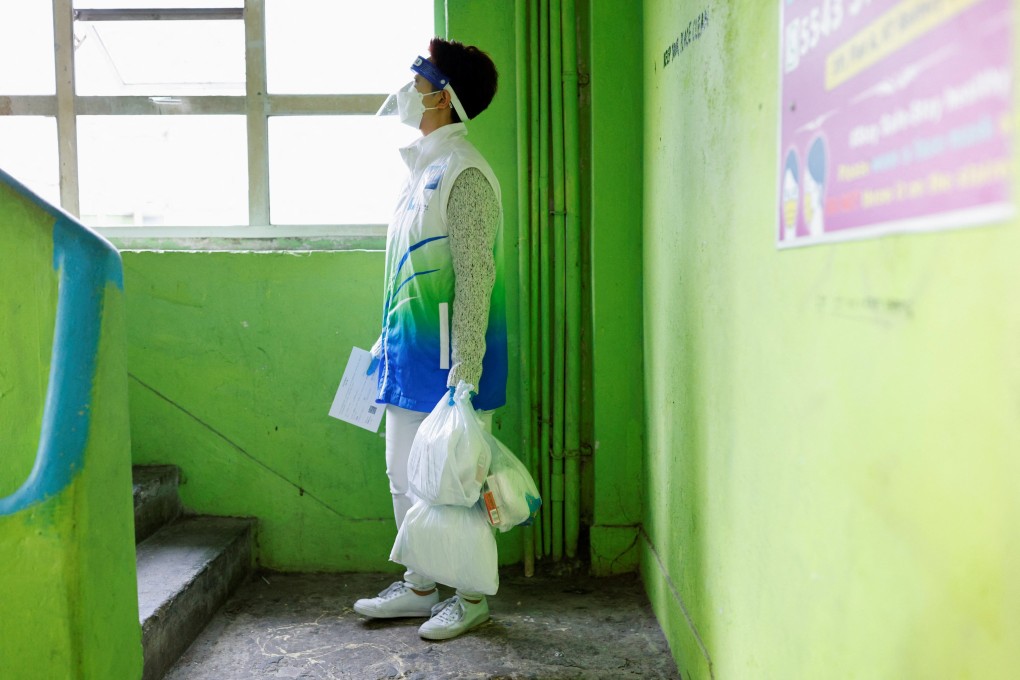Advertisement
Letters | How to ensure Hong Kong’s mass at-home testing is not a futile exercise
- Readers discuss the loophole in the voluntary testing exercise, pandemic policy fatigue, and the need for more fine-grained Omicron data
Reading Time:3 minutes
Why you can trust SCMP
2

Feel strongly about these letters, or any other aspects of the news? Share your views by emailing us your Letter to the Editor at [email protected] or filling in this Google form. Submissions should not exceed 400 words, and must include your full name and address, plus a phone number for verification.
The Hong Kong government has asked all residents to do the rapid antigen test for three consecutive days starting on April 8 and report to health authorities if positive. As a reward for being an honest citizen, you run the risk of being quarantined in a container or a newly built facility, perhaps sharing a room with strangers, regardless of your symptoms, for at least seven days.
The vast majority of positive cases are asymptomatic and people recover in a matter of days. I would be all sorts of a fool to subject myself to needlessly miserable quarantine if I were to test positive.
Advertisement
To get the most cooperation and honest reporting, the government should clearly state that those who test positive have a choice of home isolation. Short of that option, the whole exercise will be a waste of resources and produce meaningless data.
People need a clear goal to strive for.
Advertisement
Lam Kam Sing, Tai Po
Advertisement
Select Voice
Select Speed
1.00x